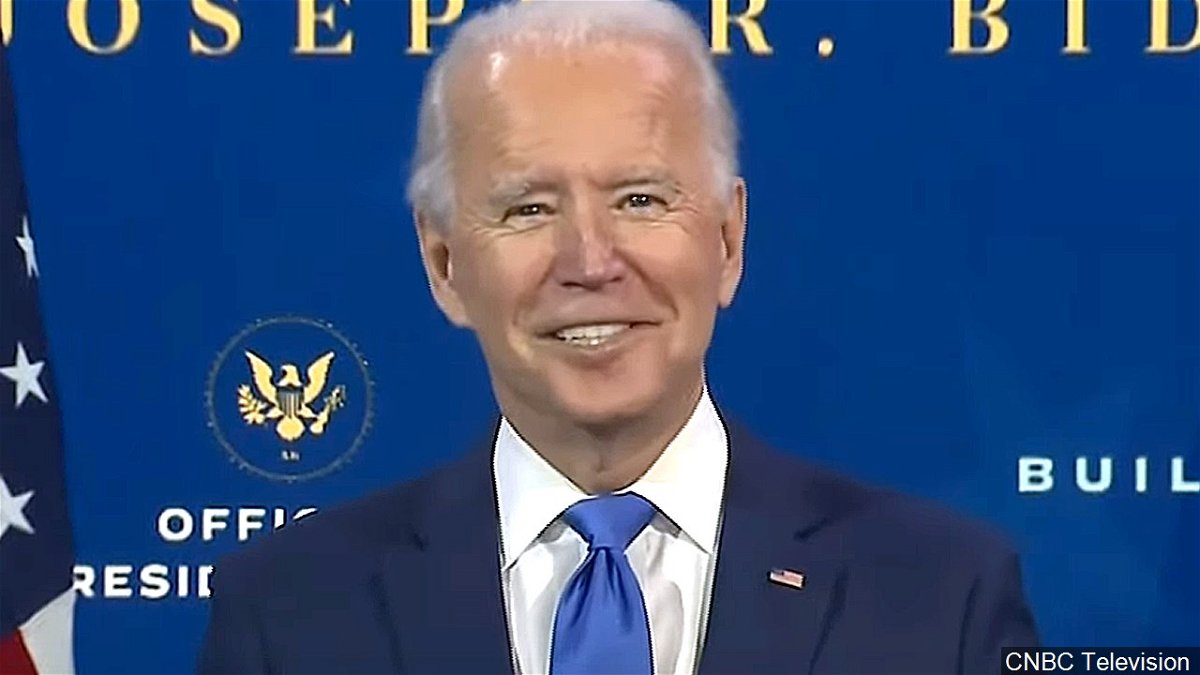Biden is poised to pick up more delegates in Idaho’s Democratic caucuses

BOISE, Idaho (AP) — Idaho Democrats will caucus across the state Thursday to select their nominee for the White House, giving President Joe Biden more delegates after he already clinched his party's 2024 nomination.
Caucusgoers also will elect delegates pledged to the nominee for the state convention, which will be held on June 22.
The caucus will run from 5 p.m. to 8 p.m. local time — the state is divided between the Pacific and Mountain time zones — and will be structured a bit differently than previous Democratic caucuses. Instead of listening to speeches and moving to various parts of the room to show their support for a candidate, voters will be given ballots to fill out their choices.
Only registered Democrats and unaffiliated voters can participate in the Democratic caucus. Unaffiliated voters must first sign a pledge saying that they are participating as Democrats and that they have not participated in any other presidential nomination contest this year. Voters who are 17 years old are allowed to caucus as long as they will turn 18 before the general election on Nov. 5.
That's different from Idaho's Republican caucus, held earlier this year: The Republican caucus allowed only registered Republicans to vote, and they had to be at least 18 at the time of the caucus. Former President Donald Trump won all of Idaho's 32 GOP delegates at the March 2 event.
The presidential caucus winner will face a steep hill to climb for Idaho's general election. The Republican presidential candidate has won the deep-red state in every election since 1968.
Democrats in Idaho utilized caucuses for years but switched the presidential contest to a primary for 2020. Biden won with about 49% of the vote, compared with roughly 42% that went to U.S. Sen. Bernie Sanders of Vermont.
Both the Republican and the Democratic parties had to caucus this year, however, after state lawmakers inadvertently scrapped the state's primaries during the 2023 legislative session. The error happened when lawmakers were trying to change the date of the state's primary from March to May — but the new date wasn't included in the bill.
By next year, Idaho's closed presidential contests could become a thing of the past. A voter initiative that would open the state primaries and switch the state to a ranked-choice voting system is expected to be on the general election ballot this fall.






